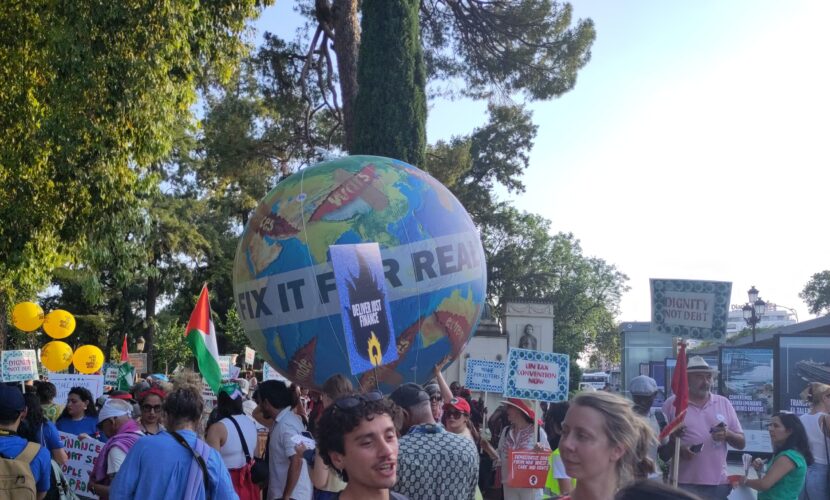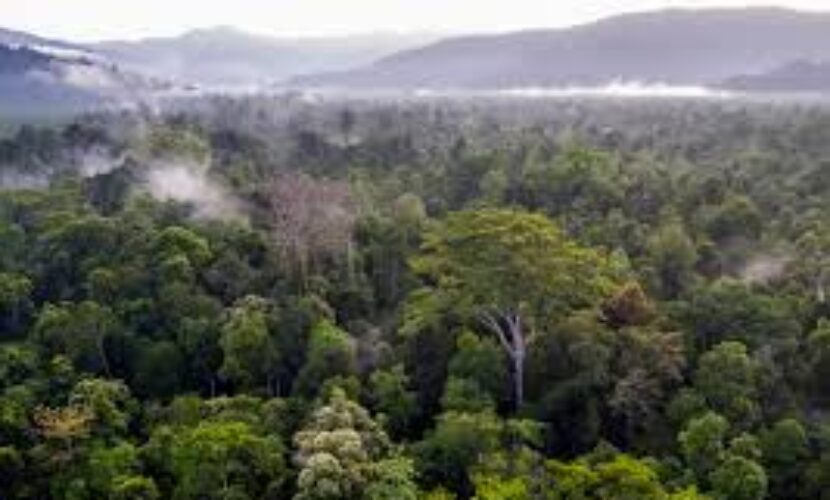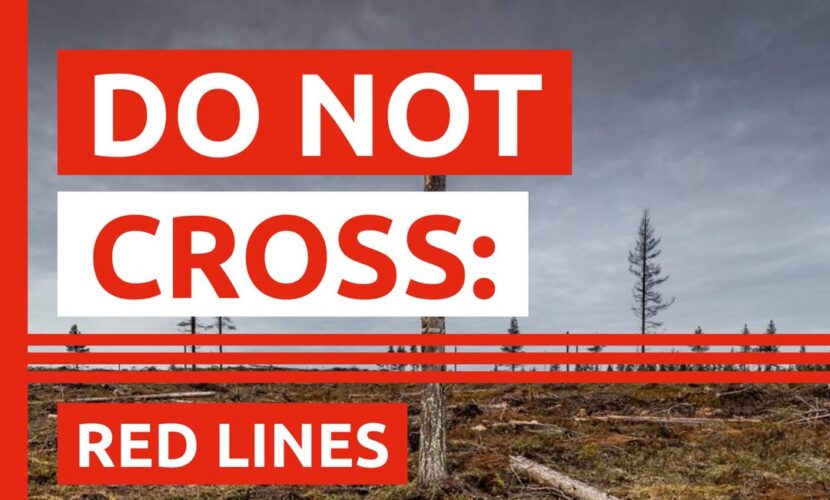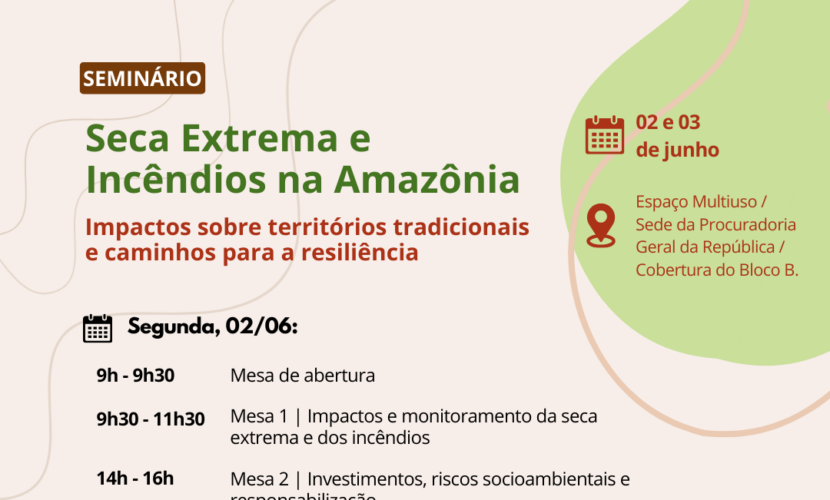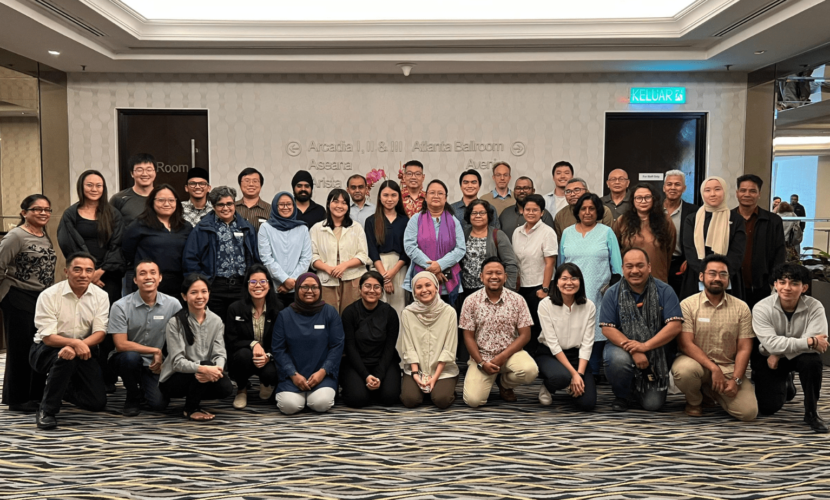News
Beefing up risk: the exposure of JBS’ financiers to financial, regulatory and reputational risks
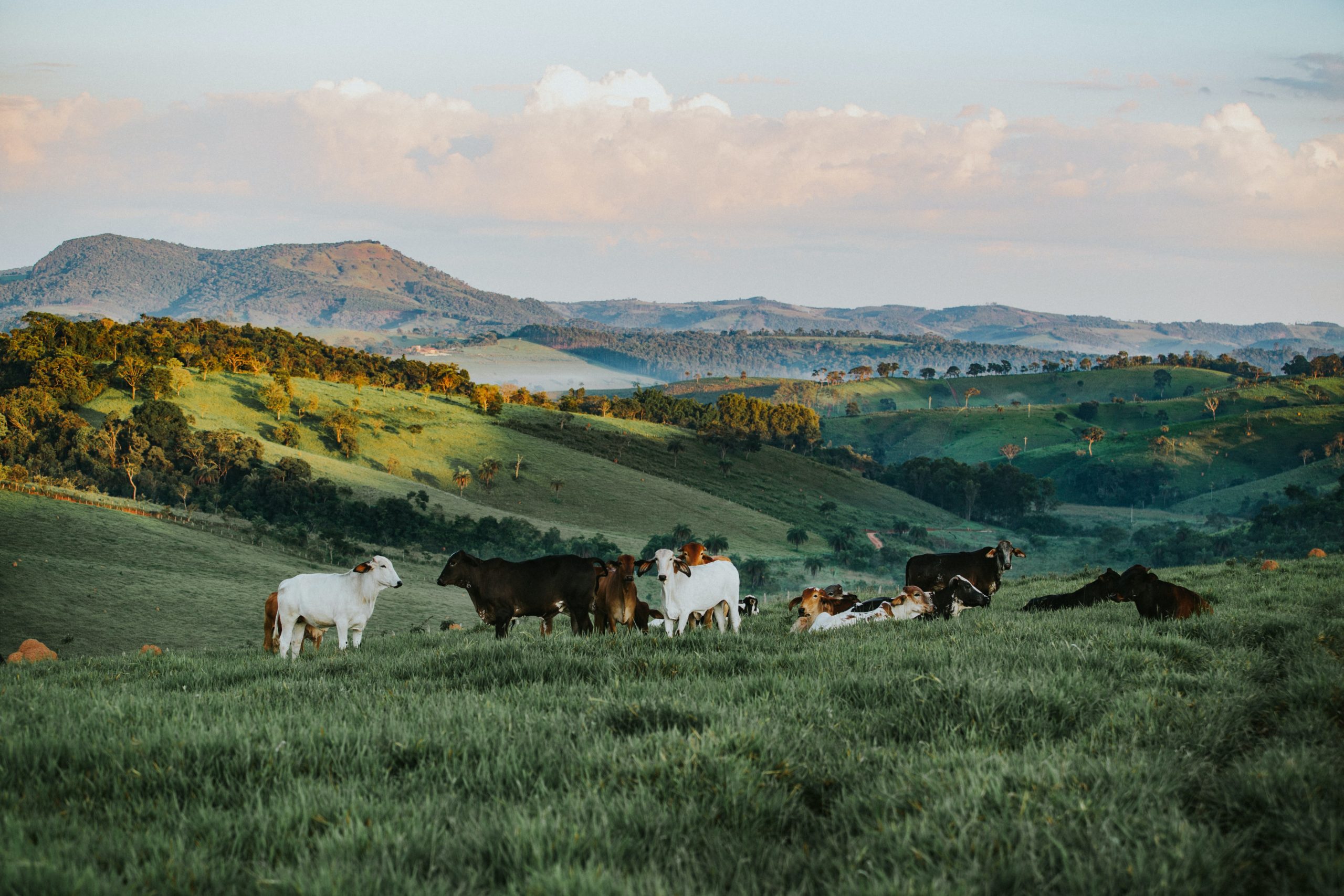
In Brazil, the world’s leading cause of deforestation, the beef industry, is thriving. Financial backing from major global banks – and the government itself – for irresponsible beef companies like JBS is contributing to the sector’s increasing impacts.
JBS S.A. is the largest meat processor in the world. The Brazilian company focuses on the production of beef, pork, and poultry products, and operates in 15 countries. Although the company started trading in 1953, it was only in the late 2000s that it emerged as a global giant. This is in large part due to the support of the Brazilian government. The Federal investment bank BNDES, for example, is now JBS’ second largest shareholder. JBS, together with Marfrig and Minerva, forms part of a triad of meat companies that, combined, account for 42% of the slaughter capacity in the Amazon and 64% of total Brazilian beef exports.
Largest driver of deforestation
Despite initial improvements resulting from JBS’ pledges to not purchase cattle from ranches linked to illegal deforestation (notably the 2009 Greenpeace Cattle Agreement and the Conduct Adjustment Agreement or “TAC”), over the last five years, the devastation of the Amazon has escalated considerably and JBS remains seriously exposed to the risks associated with deforestation. JBS promised to monitor its indirect suppliers by 2011 in the deal signed with Greenpeace, but has not met this promise to date.
The big meatpackers have been repeatedly involved in scandals involving deforestation, fires, the violation of land rights and slave labour, documented among others by Amazon Watch, Greenpeace, Repórter Brasil, Amnesty International and Global Witness. The Global Witness investigation revealed that over three years and in one single Amazon state (Pará), JBS and the other two beef giants bought cattle from 379 ranches which combined contained around 17,000 hectares of illegal deforestation. The companies also failed to monitor 4,000 ranches of indirect suppliers with around 100,000 hectares of deforestation.
Failure to implement traceability
Tracking indirect suppliers is the main challenge of the cattle industry. Cattle farmers specialise in specific phases of an animal’s life, so a calf can be born on one farm and then pass through several other farms before it reaches the slaughterhouse. Each of these farms in the supply chain can be involved in deforestation. Meatpackers are currently only monitoring their direct suppliers, but most of the deforestation actually occurs on farms where the calves are born, weaned and raised.
The largest meatpackers have been promising to track their full supply chain since 2009. However, the plan that JBS announced in October pushed the deadline again. It states it will only tackle deforestation in its cattle supplies in the Amazon by 2025 and makes no mention of the Cerrado, its neighboring biome and the world’s most biodiverse Savannah.
Though all the data and technology to implement traceability has existed for some time, JBS is still failing to meet this commitment. Deforestation data can be obtained from multiple sources, such as Brazil’s National Space Agency INPE, but also from MapBiomas, Global Forest Watch and others. The Rural Environmental Registry (CAR), which contains the geospatial shapes of the farms, can be overlayed with the deforestation data to identify on which farms deforestation has occurred. For the transport of any animals from one farm to another, it is mandatory to obtain Animal Transport Guides (GTA). These can be used to trace all the farms where that cattle has been held before reaching the slaughterhouse. This allows the company to identify if it has spent any time on a farm with deforestation. Then there are two public exclusion lists, against which the data has to be crossed: the government’s “dirty list” of people who have been caught using slave labour, and IBAMA’s registry of environmental fines and embargoes.
Meatpackers argue that the main bottleneck to integrate all this data is that GTA and CAR data is not easily accessible to them for the purpose of supply chain monitoring. However, meatpackers could simply require their suppliers to provide the GTA history for the cattle they are supplying. Or they could use tools that provide the data for free, like Visipec.
Problems Beyond Traceability
While traceability is a critical aspect to halting deforestation, it’s not a magic bullet. Brazil’s beef industry causes deforestation because ranching is suitable as pioneer economic activity on recently deforested land. Unlike other sectors, such as soy or pulp and paper, it requires little infrastructure (cattle can walk to and from the farm, with no need for roads), it requires little upfront investment (a farmer can start with just a few animals and slowly expand) and it requires little maintenance (the animals feed themselves). Keeping animals on a piece of recently deforested and grabbed land also has the additional benefit that it can be used to claim that piece of land. Over time, ownership of a deforested area becomes recognized and the land can then be sold to those operating in more sophisticated sectors.
Even if JBS, Marfrig, Minerva and others implement good traceability systems, there remains a high probability that excluded ranchers would sell to local or regional leakage markets, considering that four-fifths of Brazil’s beef is consumed domestically. Stricter traceability rules in Brazil may also lead to the displacement of the sector into other biomes and other countries, where the rules are less strict, causing a dislocation of the impacts. In addition, it may lead to intensification of production, by producing more animals per hectare. Though this may partially address deforestation issues, it will only increase the demand for inputs (such as feed), increase biosecurity risks, while worsening animal welfare.
Deforestation is not the only problem caused by the sector. The beef industry is also a major emitter of greenhouse gases, it is often associated with land conflicts, social inequity, and corruption. As an inefficient use of land for the production of calories and protein, it does not contribute to achieving the Sustainable Development Goal of zero hunger.
The role of financial institutions
Despite all these problems, major US and EU financial institutions continue to finance JBS. Financiers include banks with “zero deforestation” commitments, such as Santander – a major financier of the beef sector and the second largest creditor of JBS, according to Forests & Finance data – as well as Deutsche Bank, and Barclays. All three adopted the Soft Commodities Compact (for analysis of these banks’ record in meeting their commitments under the Compact, check the report “Soft Commitments, Hard Lessons” here). Since 2016, Barclays and Santander both participated in four bond issuances for JBS, each providing US$ 241 million in underwriting to JBS’s beef production activities in Brazil. In addition, as of April 2020, Santander held US$ 19 million of shares in JBS’s Brazilian beef production business and Deutsche Bank US$ 5 million, Forests and Finance data shows. Despite commitments like the Plano Amazônia and its claim of engagement with JBS on the issues, Santander remains one of its key financiers.
Halting deforestation in the Amazon is of extreme urgency. The Amazon is close to a tipping point, beyond which its savannization will be unstoppable and when that happens, it will be impossible to achieve the goals of the Paris Agreement. JBS and other meatpackers have been failing to deliver on their traceability and deforestation – free promises for more than a decade. To avoid being complicit in this destruction of the Amazon, financial institutions should refrain from financing or investing in these companies. Investors should also refrain from participating in a possible upcoming IPO of its international activities, which JBS has been considering since 2016.
Considering the urgent need to transition to more sustainable food systems, perhaps financiers should reconsider their exposure to the industrial livestock sector as a whole. As an increasing number of companies and financial institutions have made Paris Alignment pledges, and as plant based alternatives are rapidly increasing in popularity and cell-cultured meat enters the market, the Big Meat industry is increasingly at risk of becoming a stranded asset, just like Big Coal.
